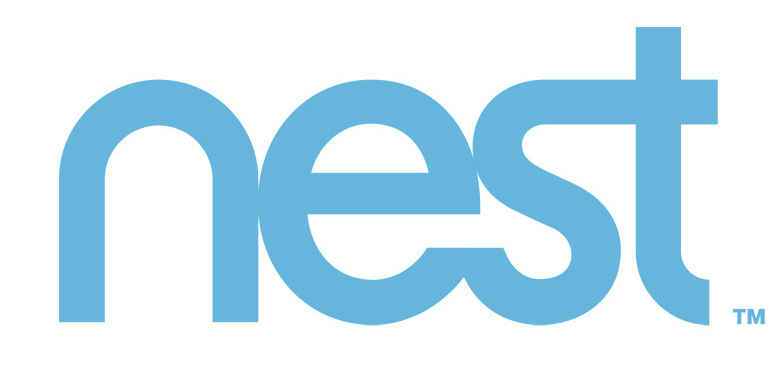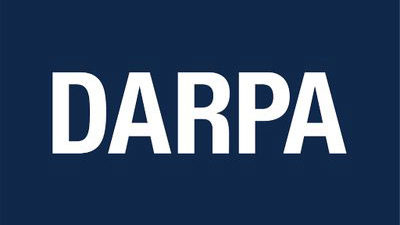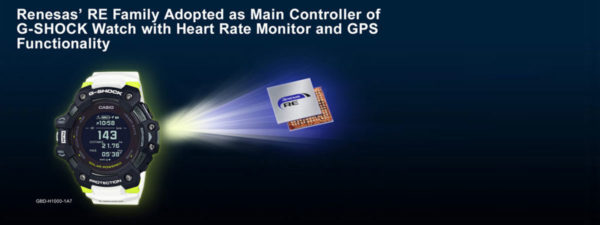Nest Labs released Wednesday OpenThread, an open source implementation of the Thread networking protocol. With OpenThread, Nest is making the technology used in Nest products more broadly available to accelerate the development of products for the connected home. As more silicon providers adopt Thread, manufacturers will have the option of using a proven networking technology rather than creating their own, and consumers will have a growing selection of secure and reliable connected products to choose from.
Nest Labs was acquired by Google in January 2014 to accelerate Nest growth across hardware, software and services for the home globally.
The Thread specification defines an IPv6-based reliable, secure and low-power wireless device-to-device communication protocol for home applications. It is highly portable as it comes operating system and platform agnostic, with a radio abstraction layer; implements end devices, router, leader and border router roles, with small memory footprint. OpenThread implements thread networking layers, including IPv6, 6LoWPAN, IEEE 802.15.4 with MAC security, mesh link establishment and mesh routing.
![]()
Nest, along with ARM, Atmel, a subsidiary of Microchip Technology, Dialog Semiconductor, Qualcomm Technologies, a subsidiary of Qualcomm and Texas Instruments are contributing to the ongoing development of OpenThread. In addition, OpenThread can run on Thread-capable radios and corresponding development kits from silicon providers like NXP Semiconductors and Silicon Labs.
“Thread makes it possible for devices to simply, securely, and reliably connect to each other and to the cloud,” said Greg Hu, Head of Nest Platform and Works with Nest. “And because Thread is an IPv6 networking protocol built on open standards, millions of existing 802.15.4 wireless devices on the market can be easily updated to run Thread. OpenThread will significantly accelerate the deployment of Thread in these devices, establishing Thread as one of the key networking technology standards for connected products in the home.”
“Nest products set the bar for how connected devices should work so it’s exciting that Nest is releasing OpenThread to the open-source community,” said Jeffery Torrance, vice president, business development, Qualcomm Technologies, Inc. “As a company with a longstanding history of actively supporting and contributing to open technologies, OpenThread allows us to work with other like-minded corporations and individuals to deliver a best-in-class implementation of Thread that can be widely used for the advancement of a connected and secure home.”
Consumer awareness of the connected home is growing quickly, according to findings released from connected home studies that were fielded by Kelton Global and Research Now in the U.S. earlier this year. Commissioned by Nest, the studies were designed to uncover consumer sentiment about the connected home market.
The survey revealed that eighty-one percent of Americans either own or are interested in purchasing a connected home product in the next year. To Americans, the main benefit of having a connected home product is increased convenience (54 percent), followed by increased security (44 percent), a reduced energy bill (38 percent) and boosted home value (21 percent). Thirty-eight percent of Americans are more interested in connected home products than they were six months ago.
Nest is gaining brand awareness in comparison to long-established thermostat companies. Asked which thermostats for the home come to mind, a growing number of Americans are naming Nest over established brands. Nest Thermostat unaided awareness grew from 6 percent in 2013 to 26 percent in 2016.
Awareness of connected home brands gradually increases with household income levels. However, across multiple income levels, more than half of Americans can name at least one connected home brand. When asked which brands in the “connected or smart home” space came to mind, 21 percent named Nest as the top brand, while Apple takes second place with 12 percent of mentions and Samsung follows with 8 percent of mentions.




